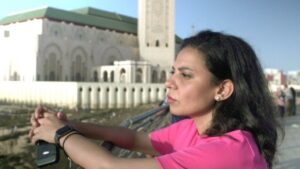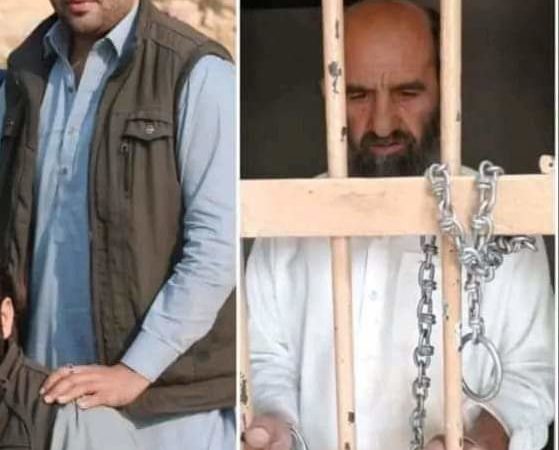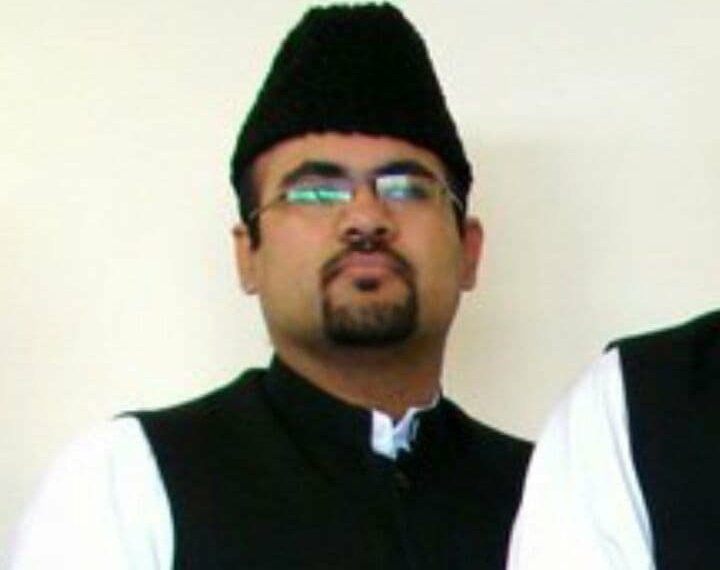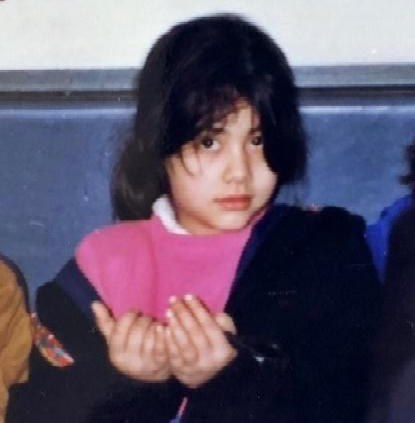Investigating the Muslim ‘spiritual healers’ sexually abusing women

A hidden world of sex abuse and exploitation by men working as “spiritual healers” has been uncovered by BBC Arabic.
Spiritual healing, also known as “Quranic healing”, is a popular practice in the Arab and Muslim world. It is mostly women who visit healers – believing that they can solve problems and cure illness by expelling evil spirits known as “jinn”.
Testimonies gathered by the BBC from 85 women, over a period of more than a year, named 65 so-called healers in Morocco and Sudan – two countries where such practices are particularly popular – with accusations ranging from harassment to rape.
We spent months speaking to NGOs, courts, lawyers and women, gathering and verifying stories of abuse. An undercover reporter who underwent treatment with one such healer for our investigation, was herself inappropriately touched before fleeing the scene.
In Sudan, a woman named Sawsan told us that when her husband left the family home to live with a second wife – as is his right under Sharia (Islamic law) – she found herself destitute, and approached a healer for help. She said she hoped he could give her some kind of medicine for her husband which would make him treat her better.
But she was not expecting his suggested treatment.
“He said he would have sex with me and use the resulting body fluids to concoct a potion I should feed to my husband.”
His recommendation suggested he was “fearless”, she said.
“He was confident I would not report him to the police or the courts or even my husband.”
Sawsan said the healer suggested sex with him would help her reconcile with her husband. Sawsan says she left the session immediately and never returned. She did not report his behaviour.
Three of the 50 women we spoke to in Sudan about exploitation or abuse named the same religious leader – Sheikh Ibrahim. So, an undercover journalist working with our team agreed to visit Sheikh Ibrahim in a bid to collect more evidence.
The reporter, who we are calling Reem, posed as a client suffering from infertility.
Sheikh Ibrahim said he would say a prayer for her, and prepared a bottle of “healing water” – known as “mahayya” – for her to take home and drink.
Reem says he then moved to sit extremely close to her, and put his hand on her stomach. When she asked him to take his hand away, she says, he simply moved it down her body, over her clothes, to her genitals. She ran from the room.
“I was really shaken by him,” she told us afterwards. “He had a worrying look about him.”
She says she felt that his manner suggested this was not the first time he had behaved in this way.
The BBC questioned Sheikh Ibrahim about what had happened to Reem. He denied that he sexually harassed or assaulted women seeking his help, and abruptly ended our interview.
We approached political authorities in both Morocco and Sudan with our evidence.
In Sudan, Dr Alaa Abu Zeid, head of the family and society department at the Ministry of Islamic Affairs, was initially reluctant to believe that so many women had reported experiences of abuse to us. But he did admit that the lack of regulation in spiritual healing meant that it was “causing chaos”, and that the role was being used as “a profession for those who have no job”.
He told the BBC that he had explored its regulation in the past, but that the country’s political instability meant it was not currently a priority.
In Morocco, Minister of Islamic Affairs Ahmed Toufiq said he did not believe there was a need for any separate legislation regarding spiritual healers.
“It is hard to intervene legally in these matters. The solution lies in religious education and preaching,” he told us.
Despite all the evidence we have gathered, Moroccan and Sudanese authorities are reluctant to take action. So the burden remains on women to speak up against those hiding behind a healing profession.



